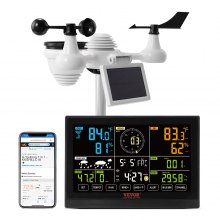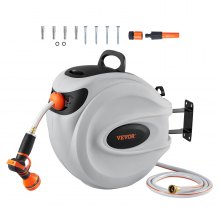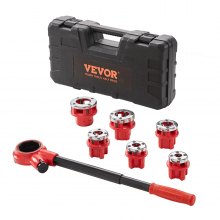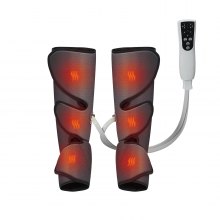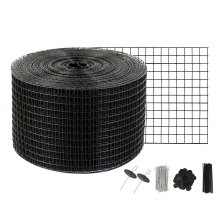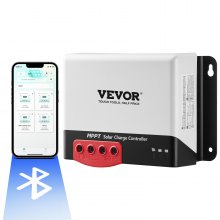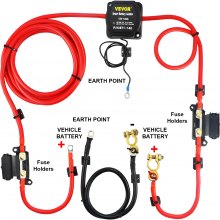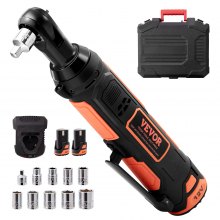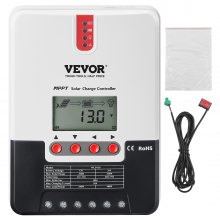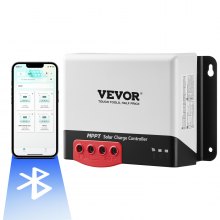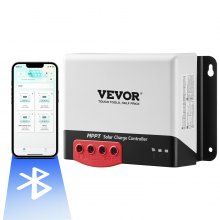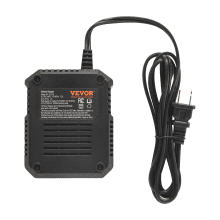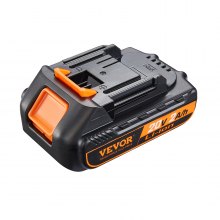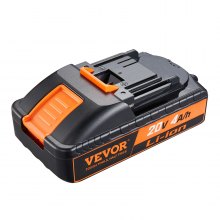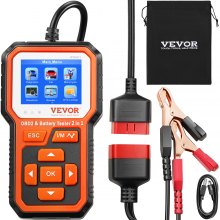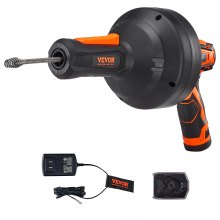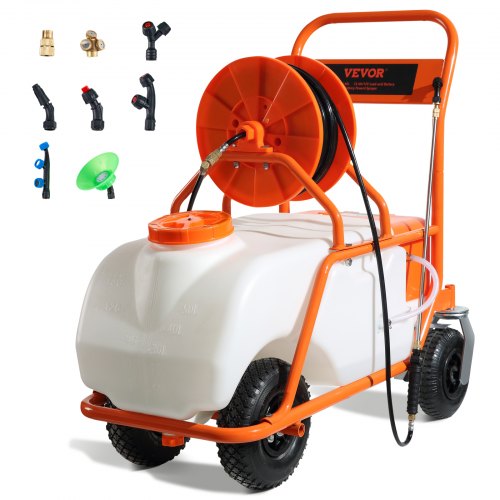Exploring the Basics of 12V Batteries: Powering Your World
Introduction
12V batteries are a fundamental component of numerous electronic devices, vehicles, and off-grid power systems. In this guide, we'll delve into the essentials of 12V batteries, their applications, maintenance, and considerations for selection.
Understanding 12V Batteries
What are 12V Batteries?
A 12V battery, also known as a lead-acid battery, is a type of rechargeable battery that delivers a nominal voltage of 12 volts. These batteries are commonly used to power a wide range of applications, including automobiles, boats, recreational vehicles (RVs), solar energy systems, and backup power supplies.
Types of 12V Batteries
-
Flooded Lead-Acid Batteries: Traditional lead-acid batteries with liquid electrolyte that require periodic maintenance, such as adding distilled water.
-
AGM (Absorbent Glass Mat) Batteries: Maintenance-free lead-acid batteries with electrolyte absorbed in glass mat separators, offering improved resistance to vibration and spillage.
-
Gel Batteries: Lead-acid batteries with a gel electrolyte that provides enhanced resistance to deep discharges and cycling, making them ideal for renewable energy applications.
Applications of 12V Batteries
Automotive and Marine
12V batteries are extensively used to power vehicles, including cars, trucks, motorcycles, boats, and other marine vessels. They provide the electrical energy necessary to start the engine, operate accessories, and power onboard electronics.
Renewable Energy Systems
In off-grid and renewable energy systems, such as solar power and wind power systems, 12V batteries store excess energy generated during periods of high production for use during periods of low production or high demand. These batteries form the backbone of standalone power systems (SPS) and backup power supplies.
Maintenance and Care Tips
Regular Inspection
Periodically inspect 12V batteries for signs of corrosion, leakage, or physical damage. Ensure that battery terminals are clean and free of corrosion buildup, and tighten connections as needed to prevent electrical resistance.
Proper Charging
Use a suitable battery charger designed for lead-acid batteries to recharge 12V batteries when necessary. Follow manufacturer recommendations for charging voltage, current, and charging duration to avoid overcharging or undercharging, which can reduce battery lifespan.
Temperature Control
Maintain 12V batteries within the recommended temperature range to optimize performance and longevity. Extreme temperatures, both hot and cold, can degrade battery capacity and lead to premature failure.
Considerations for Selection
Capacity and Rating
Choose a 12V battery with adequate capacity and rating to meet the power requirements of your specific application. Consider factors such as starting power (CCA - Cold Cranking Amps) for automotive use or amp-hour (Ah) rating for renewable energy systems.
Battery Type
Select the appropriate type of 12V battery based on your application requirements and environmental conditions. AGM batteries are ideal for applications requiring maintenance-free operation and enhanced durability, while gel batteries offer superior deep-cycle performance.
Brand and Quality
Invest in reputable brands known for manufacturing high-quality 12V batteries with reliable performance and durability. Consider factors such as warranty coverage, customer reviews, and brand reputation when making your selection.
Conclusion
12V batteries are versatile power sources that play a critical role in numerous applications, from automotive and marine use to renewable energy systems and backup power supplies. By understanding the basics of 12V batteries, their applications, maintenance requirements, and considerations for selection, you can ensure optimal performance and longevity for your battery-powered devices and systems.
FAQs about 12V Battery
What is a 12V battery?
A 12V battery is a type of rechargeable battery commonly used in a wide range of applications, including automotive, marine, recreational vehicles, and backup power systems. It is designed to provide a stable and reliable source of electrical power with a nominal voltage of 12 volts, making it suitable for powering various devices and equipment.
How does a 12V battery work?
A 12V battery works by converting chemical energy into electrical energy through a series of electrochemical reactions. Inside the battery, electrolytes and electrodes interact to generate an electric potential difference between the positive and negative terminals, resulting in a voltage output of approximately 12 volts. When connected to a circuit, the battery supplies electrical power to devices or equipment, and it can be recharged by applying an external electrical current to reverse the chemical reactions and restore its energy capacity.
What are the different types of 12V batteries available?
There are several types of 12V batteries available, each with its own characteristics and applications. Common types include:
-
Lead-acid batteries: These are the most traditional and widely used type of 12V battery, known for their reliability and relatively low cost. They are commonly used in automotive, marine, and backup power systems.
-
AGM (Absorbent Glass Mat) batteries: These batteries use a fiberglass mat to absorb the electrolyte, providing enhanced durability, vibration resistance, and maintenance-free operation. They are often used in high-performance vehicles and applications where reliability is crucial.
-
Gel batteries: Gel batteries use a gel electrolyte instead of liquid, making them spill-proof and suitable for applications where safety and maintenance are priorities, such as medical equipment and solar power systems.
-
Lithium-ion batteries: These batteries offer high energy density, lightweight design, and longer cycle life compared to traditional lead-acid batteries. They are commonly used in portable electronics, electric vehicles, and renewable energy storage systems.
How long does a 12V battery last?
The lifespan of a 12V battery depends on several factors, including its type, usage patterns, maintenance, and environmental conditions. On average, lead-acid batteries typically last around 3 to 5 years, while AGM and gel batteries may last longer due to their sealed and maintenance-free design. Lithium-ion batteries generally have a longer lifespan, with some models capable of lasting 5 to 10 years or more with proper care. Regular maintenance, such as keeping the battery clean, properly charging and storing it, and avoiding deep discharges, can help extend its lifespan.
How do I maintain a 12V battery?
To maintain a 12V battery and prolong its lifespan, consider the following tips:
- Keep the battery clean and free of corrosion by regularly inspecting and cleaning the terminals and connections.
- Monitor the battery's electrolyte levels (for lead-acid batteries) and top up with distilled water as needed.
- Ensure proper charging by using a compatible charger and following manufacturer recommendations for charging voltage and current.
- Avoid overcharging or undercharging the battery, as both can reduce its lifespan and performance.
- Store the battery in a cool, dry location away from extreme temperatures and direct sunlight when not in use.
- Consider using a battery maintainer or trickle charger to keep the battery charged during long periods of inactivity.




























